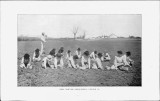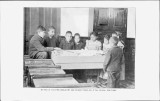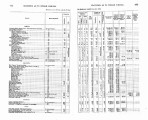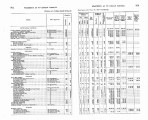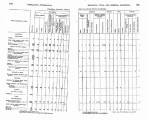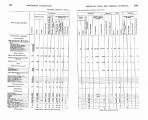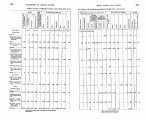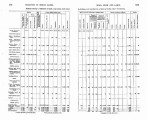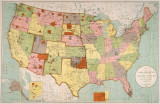| OCR Text |
Show I 70 REPORT OF THE OObfMIS8I<lNER OH' INDIAN AFFAIRS. ual Indian is involved, he is subjected to an unequal combat with one skilled in such matters. The Indian is in most cases ignorant and greedy for money and unacquainted with values and becomes an easy mark for the trained and skilled manipulator in the employ of the railroad company. Should the Indian, however, reject an amicable settlement, the com-pany, by application to the proper court, may secure the appointment of referees of its o m selection, when an award is made in accordance with the law, from which appeal may be taken by any party in inter-est within ten days. Here, again, the Indian is at a disadvantage, as shown in one particular case brought to the attention of this office. In this case the Texas and Oklahoma Railroad Company and allottees in Oklahoma were the parties in interest. Referees had been appointed and awards made, but the court refused to entertain an appeal upon the petition of the allottees unless the costs were first deposited, although the amount of the award should have been depoaited by the railway company with the clerk of the court, as required by law. The agent was directed to secure the advice of the United States attorney and proceed in accordance therewith. Reporting upon the matter September 8,1903, Superintendent Thackery, of the Shawnee Indian Training School, stated that he had gone over a number of these allotments with the assistant United States attorney for that district, and that they had decided to appeal in nearly every case where the railroad had crossed Indian lands, believing that the awards of the appraisers appointed by the district court were entirely too low. Upon the request of this o6ce for information with respect to the operation of the law in question, Superintendent Thackery reported in his letter of September 8, as follows: Complying with that part of your letter r e q u h g me to furnish my views concerning the operation of the act of Ofn~ngress approved February 28, 1902, as the same affects the rights of Indian allottees, I would state emphatically that from my experience in the matter upon this reservation and in behalf of the Indians this act should be repealed. It is not uncommon that the settlement for right of way for a - railmad company for some distance on either side of any particular town is paid for by the citizens of mlch town and community, and it is evident, therefore, that the people who are to pay for the right of way and damages of such railroad will be active in reducing this expense to the lowest possible figure, using such influence as they may he able to bring to bear in securing the appointment of three appraisers who will favor them in assessing the damages. As the Indians do not pay taxes, and are for other reasons likely to be looked down upon by their white neighbors in all frontier settlements, it seems not unres, sonable to me to assume that it would be difficult to secure three resident appraisers (votera,kpayerii, and members of the commnnity who are to bear the expense of the right of way for any particular railrqad company) who would give the Indians a fair representation in the matter. |

















































































































































